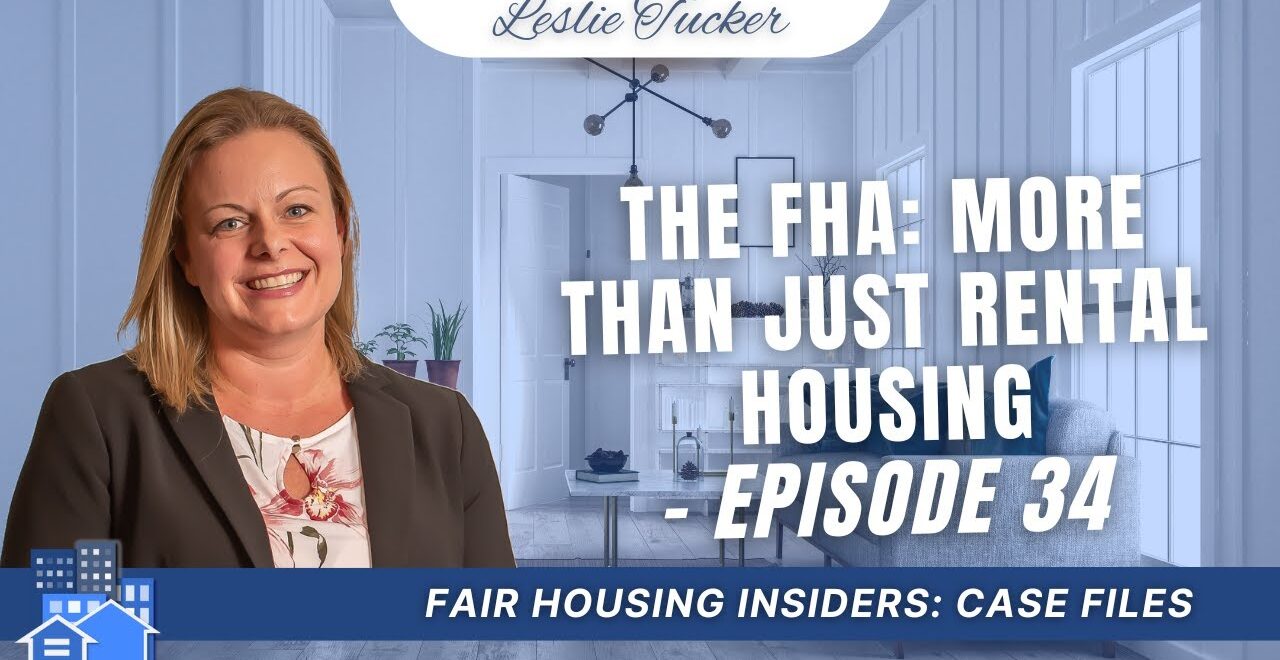The case of United States v. Evolve Bank & Trust underscores the application of the Fair Housing Act (FHA) in mortgage lending practices. The Department of Justice (DOJ) alleged that Evolve Bank & Trust engaged in discriminatory lending practices from at least 2014 through 2019, resulting in minority and female borrowers paying higher discretionary interest rates and fees compared to white and male borrowers. This case exemplifies how the FHA or fair housing protections extend beyond rental housing and into financial services that directly impact housing access.
Allegations of Discriminatory Lending
The DOJ’s complaint asserted that Evolve Bank & Trust, headquartered in Memphis, Tennessee, permitted loan officers to exercise unchecked discretion in setting interest rates and fees. This lack of oversight allegedly led to statistically significant disparities in the pricing of mortgage loans. Black, Hispanic, and female borrowers were subjected to disproportionately higher costs compared to their white and male counterparts, despite having similar credit profiles and loan characteristics.
Under the Fair Housing Act, discrimination in housing-related transactions—including mortgage lending—is prohibited on the basis of race, color, national origin, religion, sex, familial status, and disability. The government’s conclusions suggested that the discretionary pricing practices at Evolve Bank & Trust created barriers to equitable housing finance, potentially violating federal fair lending laws.
Disparate Impact and Legal Implications
The FHA prohibits both overt discrimination and policies that result in discriminatory effects, even absent an intent to discriminate. The DOJ’s statistical analysis revealed that Black borrowers paid an average of $360 more in discretionary pricing adjustments than white borrowers in 2017, while Hispanic borrowers paid approximately $420 more, and female borrowers paid $280 more than their male counterparts. Because these disparities could not be justified by legitimate financial factors such as creditworthiness, the DOJ alleged that the bank’s lending practices constituted unlawful discrimination under the FHA.
The case highlights the concept of disparate impact, a legal standard under fair housing law that addresses seemingly neutral policies that disproportionately affect members of a protected class. The broad discretion afforded to Evolve’s loan officers, coupled with the lack of objective criteria governing pricing decisions, created conditions that facilitated what the DOJ believes to be discriminatory outcomes.
Settlement and Compliance Measures
Rather than proceeding to trial, the parties reached a settlement that required Evolve Bank & Trust to implement substantial reforms. The terms of the agreement included the creation of a compensation fund for affected borrowers, ensuring redress for those who were subjected to discriminatory loan pricing. Additionally, the bank agreed to revise its policies to curtail discretionary pricing practices, ensuring that pricing decisions are based on objective, non-discriminatory criteria.
A key component of the settlement was the establishment of a fair lending oversight committee tasked with monitoring compliance with fair housing regulations. This measure reflects a broader industry trend toward increased accountability and proactive risk mitigation in fair lending practices.
Implications for the Lending Industry
This case serves as a critical reminder that the FHA applies not only to rental housing but also to mortgage lending. Financial institutions must proactively evaluate their policies to identify and eliminate fair lending risks. Unchecked discretionary pricing can expose lenders to significant legal liability and undermine consumer trust.
Regulators expect lenders to maintain rigorous oversight mechanisms and employ fair lending analyses to detect potential disparities. Failure to address discriminatory practices—whether intentional or unintentional—can result in severe legal and financial consequences, as demonstrated in this case.
You Might Also Like:
- Case Files: When HUD Pulled the Plug on Fair Housing Grants – Episode 41
- Case Files: United States v. Airbnb – Episode 40
- Case Files: New Landlord, New Rules…But Are They Legal? – Episode 38
- Case Files: Building Code Barriers – Episode 39
- Case Files: Excessive ESA Documentation and Fees – Episode 36

